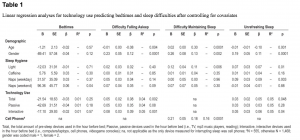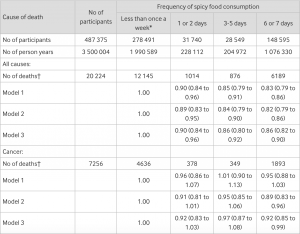While reading the news, I found an article from CNN that said that Ecuador (the country where I was born and raised in) is the country that has the most empathy. I found this very interesting and wanted to find some sort of explanation about why some countries (people) can have more empathy than others. I actually found a study that explained it and was also mentioned in the article.
According to a study published in the Journal of Cross-Cultural Psychology, there is a correlation between culture and empathy. They discuss how social and psychological behaviors may make alterations to the empathy of a person, or in this case, of a nation. Scientists recruited 104, 365 participants between the ages of 18 to 90 from 63 different countries via internet. 955 participants had to be excluded from the study because there were not many participants from the same country. Ratios had to be equal from people of the countries that were evaluated so that the results are not altered. The amount of people from a certain country would be a controlled confounding variable.
All participants were asked to complete a survey that measured their level of empathy. Scientists used Empathetic Concern sub-scales that gathered data for collectivism, pro-sociality, and psychological variables. The null hypothesis in this case was that collectivism does not have any effect of the empathy of a nation. The alternative hypothesis was that collectivism alters the empathy a nation has. The results are below:
Table 1 showed an existent correlation between collectivism, pro-sociality, and psychological variables with empathy. The people from nations who scored high on their empathy scores demonstrated high levels of empathy from the survey. The countries that were categorized as the ones who had the most empathy were Ecuador, Saudi Arabia, and Peru due to their scores.
I believe that this study proves that there is a correlation between psychological and social behavior of the inhabitants of a nation with the amount of empathy they have. Still, there are several exogenous factors that they should have taken in consideration. For instance, Ecuador suffered from many small tremors this past years and had a huge earthquake in 2016 which was the year of publication of the study. The entire coastal zone of our country was destroyed and many people showed acts of empathy through collectivism and volunteering that would suggest that the experiment is right, but I think that empathy is a soft endpoint. I think it is hard to say whether a country has more or less empathy than others since it depends on the unfortunate events that each country goes through.
To conclude, the study shows that collectivism is causal for empathetic behaviors but there is the need for replication and metanalyses since participants were gathered through internet ( it may not be a reliable source to depend on) and did not control certain factors or confounding variables that could alter the results such as the unfortunate events that those nations suffered.


























